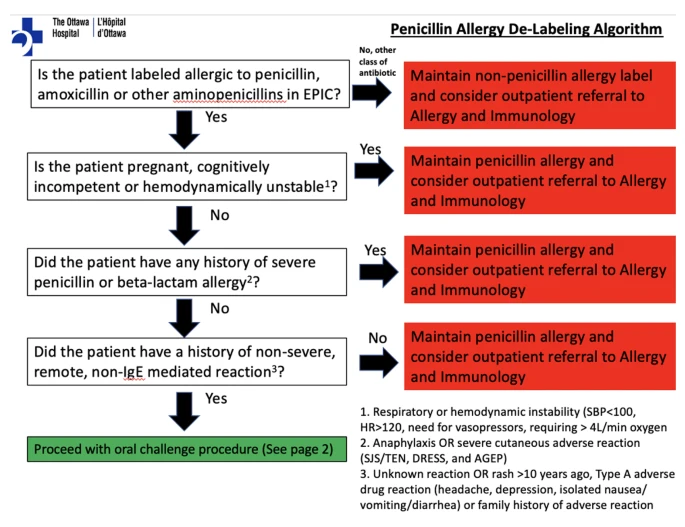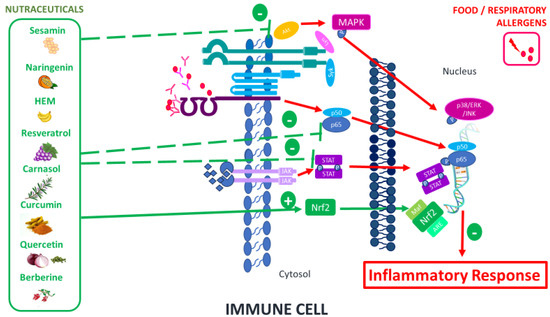Kapadia S, Nageswaramma S, Shah K, et al. Cureus 16(1): e53125. doi:10.7759/cureus.53125
Abstract
Background: Chronic spontaneous urticaria (CSU) is a debilitating affliction that affects diverse quality of life (QoL) parameters such as sleep, self-esteem, and daily activities. Second-generation antihistamines, such as desloratadine, are more effective and safer in managing CSU. Desloratadine is a nonsedating, potent, and highly selective H1 receptor antagonist. At its daily dose of 5 mg, almost half of CSU patients do not show symptomatic improvement. European Academy of Allergy and Clinical Immunology (EAACI)/Global Allergy and Asthma European Network (GA2LEN)/European Dermatology Forum (EDF) (EuroGuiDerm)/Asia Pacific Association of Allergy, Asthma and Clinical Immunology (APAAACI) guidelines recommend increasing the dosage to up to four times in such nonresponsive patients. However, there is insufficient clinical evidence in Indian settings.
Method: We evaluated the efficacy and safety of 10 mg desloratadine (OD) in 256 nonresponsive patients with moderate to severe CSU.










